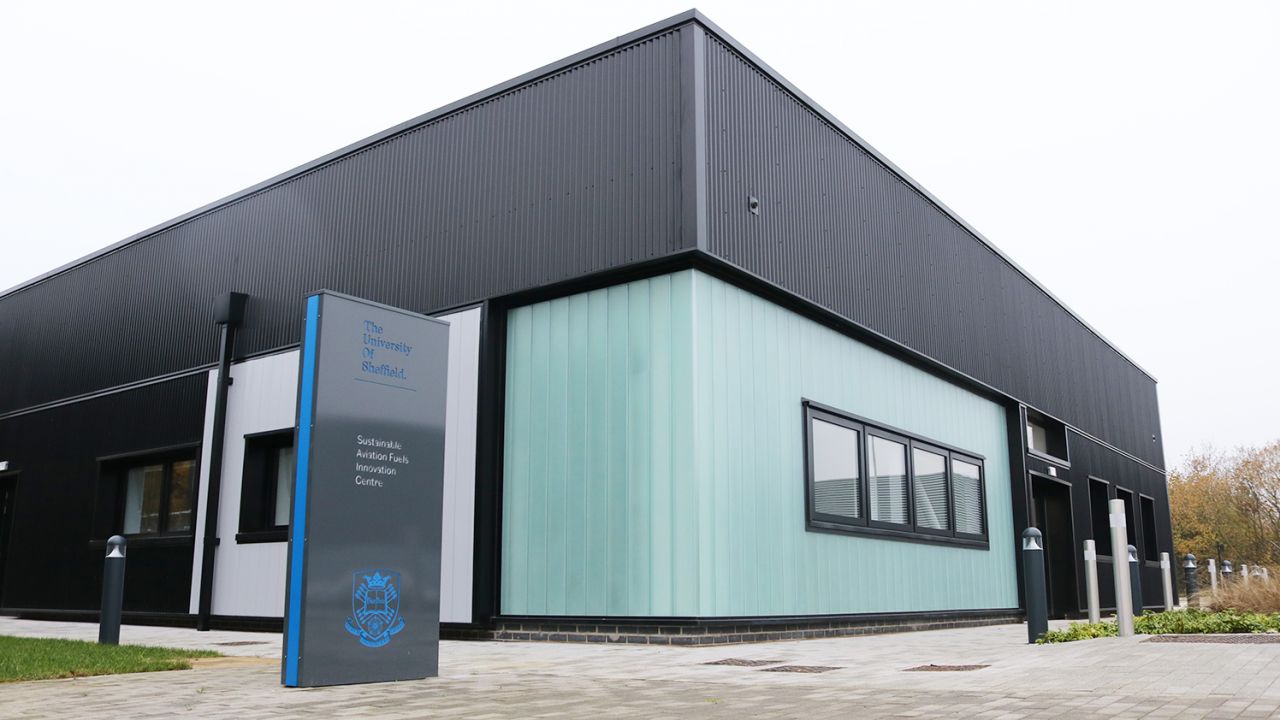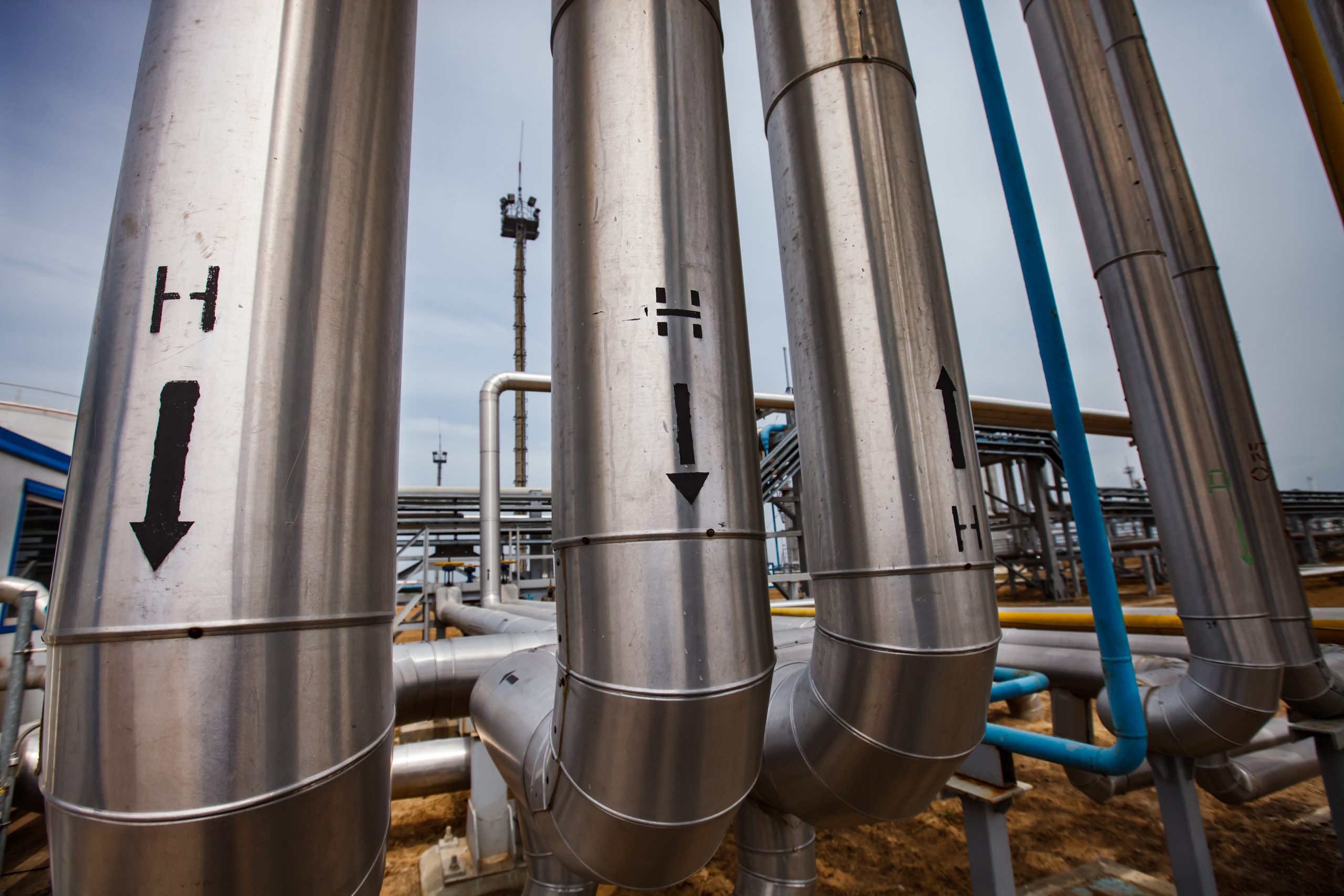University of Sheffield to Develop Sustainable Aviation Fuels

A new hydrogen electrolyser will enable the University of Sheffield to produce more green hydrogen than any other UK research centre through their research to decarbonise the aviation industry.
Scientists in Sheffield’s Energy Institute will work with industry to produce, develop, and test new hydrogen- based sustainable aviation fuel (SAFs).
The electrolyser, which is from IMI Remosa under the new brand IMI VIVO, will be installed in the University’s Sustainable Aviation Fuels Innovation Centre (SAF-IC).
This is the UK’s first research and development facility that is able to develop, test, validate and help certify new fuels all in one location.
With a goal to reach net zero aviation by 2050, the facility and new electrolyser equips the UK with much-needed research and development capabilities in SAFs, as well as playing a major role in helping reduce the environmental impact of air travel.
The new electrolyser will enable the University to produce nearly 140Nm3 per hour of green hydrogen with a storage capacity of 1450Nm3. This is equivalent to the electricity required to power 200 homes.
SAFs are essential in wider decarbonisation efforts
Accounting for approximately 7% of the UK’s total carbon emissions, decarbonising the aviation industry is seen as a vital step in reducing global carbon emissions,
As the aviation sector relies heavily on fossil fuels at present, making it a challenging sector to decarbonise, the emphasis has been placed on SAFs to make this possible, though for new fuels to be approved for use, they must adhere to strict standards and regulations.
Therefore, researchers from the University of Sheffield will work closely with partners in the aviation industry to ensure that any new hydrogen and CO2-based fuels will meet regulations.
They will also work with other industries across the UK to assist them in switching fuels to these newly developed SAFs and decarbonise.
Professor Mohamed Pourkashanian, Director of the University of Sheffield’s Energy Institute, said: “In order to drive forward a decarbonised future, we must understand more about the possibilities and capabilities of green hydrogen, particularly with regards to sustainable aviation fuels.
With this new electrolyser at our SAF-IC facility, we can work with industry and fellow academics to discover and demonstrate the best way to make a hydrogen economy, and a greener future, a reality.
“We are thrilled to have the capacity to produce the green hydrogen in our site, so that our research and development into SAFs (especially via Power-To-SAF), industrial fuel switching, and decarbonisation can continue.
“We’re also pleased to work with IMI VIVO on this project, and we are now having discussions with the team that could lead to future international collaborations and projects.”
The University has an impressive reputation for its research endeavours
South Yorkshire is fast becoming the UK’s leading hub for sustainable aviation research and development, thanks to the University of Sheffield’s research facilities.
The SAF-IC facility resides in the University of Sheffield Innovation District, which is based on the outskirts of Sheffield and acts as home to some of the University’s world-leading translational research centres that are driving economic growth, investment, and creating jobs in the South Yorkshire region.
Another project the University are working on to reduce the environmental impact of aviation is based at The University’s hugely successful academic and industry research and development facility, the Advanced Manufacturing Research Centre (AMRC).
Recently announced one of the North of England’s biggest ever research projects as part of the UK government’s first investment zone in South Yorkshire, the project will develop new ways to manufacture lightweight aircraft components.
The University is also part of a consortium led by Virgin Atlantic that is set to lead the world’s first 100 per cent SAF transatlantic flight, which is scheduled to fly on 28 November this year.
Giuseppe Buscemi, President, IMI Critical Engineering Europe, said: “The aviation industry is responsible for around seven per cent of the UK’s total carbon emissions and this figure continues to rise.
“Developing new fuels and solutions will therefore be essential to reversing this trend and decarbonising the sector.
We are proud that the IMI VIVO electrolyser will prove vital to upgrading the University of Sheffield’s research and development capabilities, helping break the aviation industry’s reliance on fossil fuels.
“We expect this technology, both here and in other applications, to play a pivotal role in reducing emissions across multiple sectors as part of our commitment to providing breakthrough engineering for a better world.”

